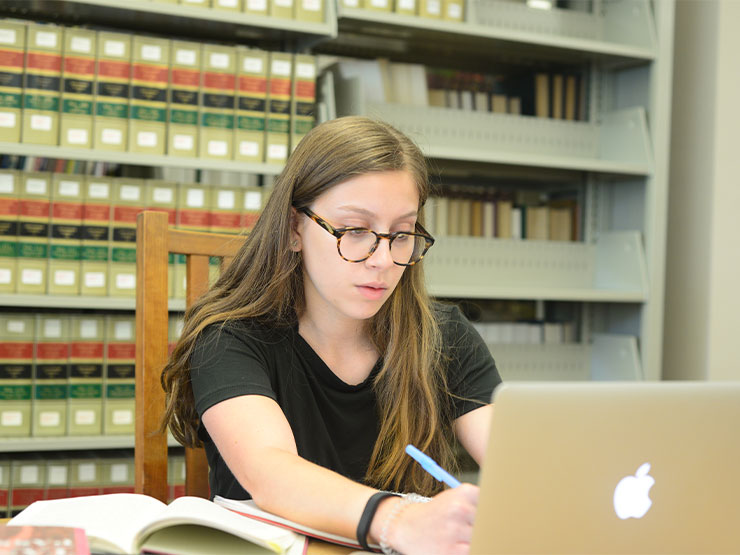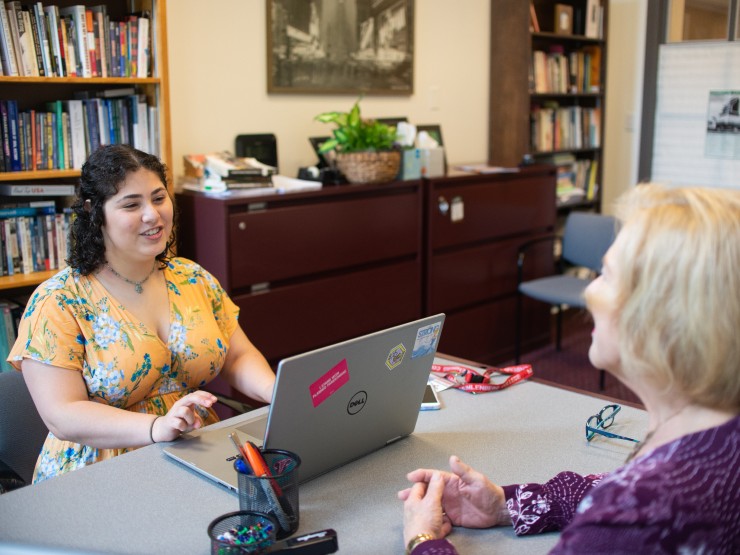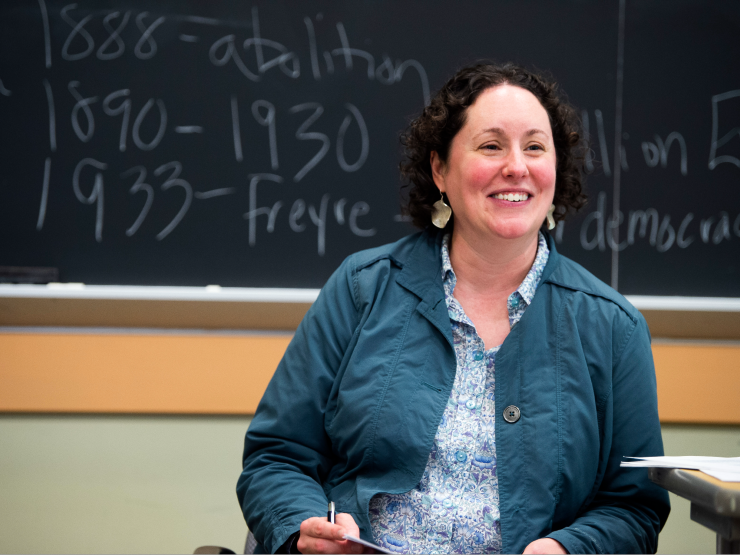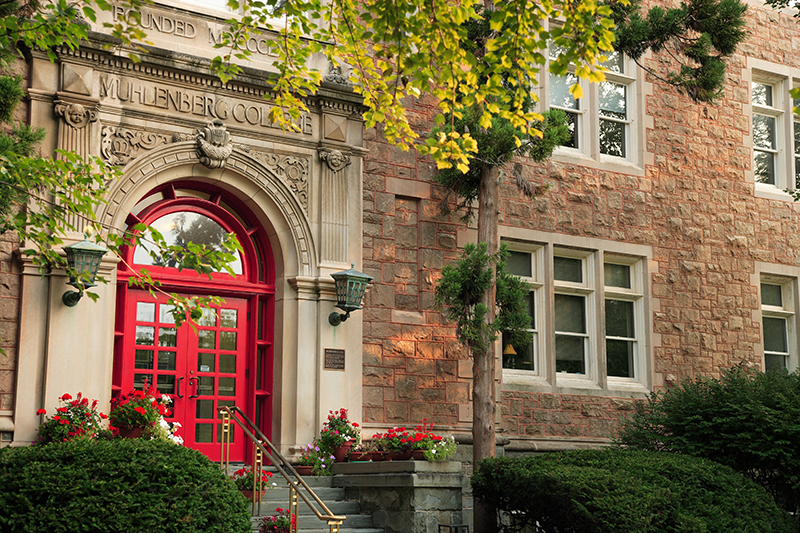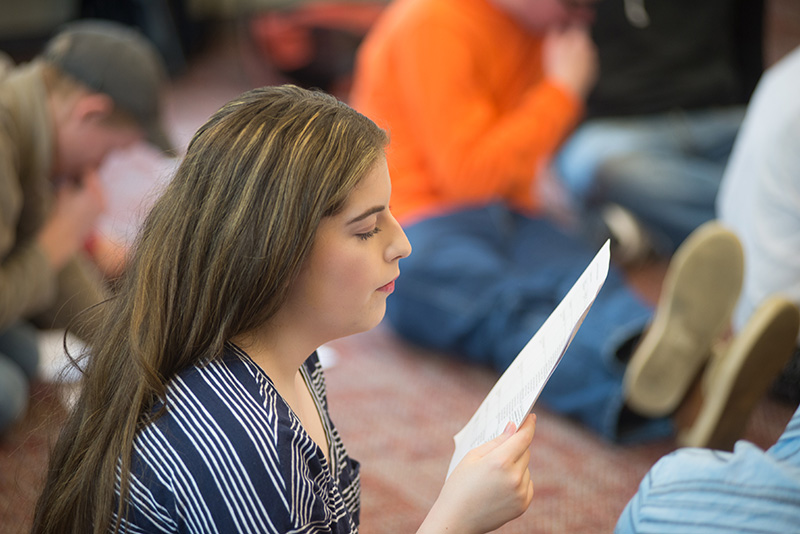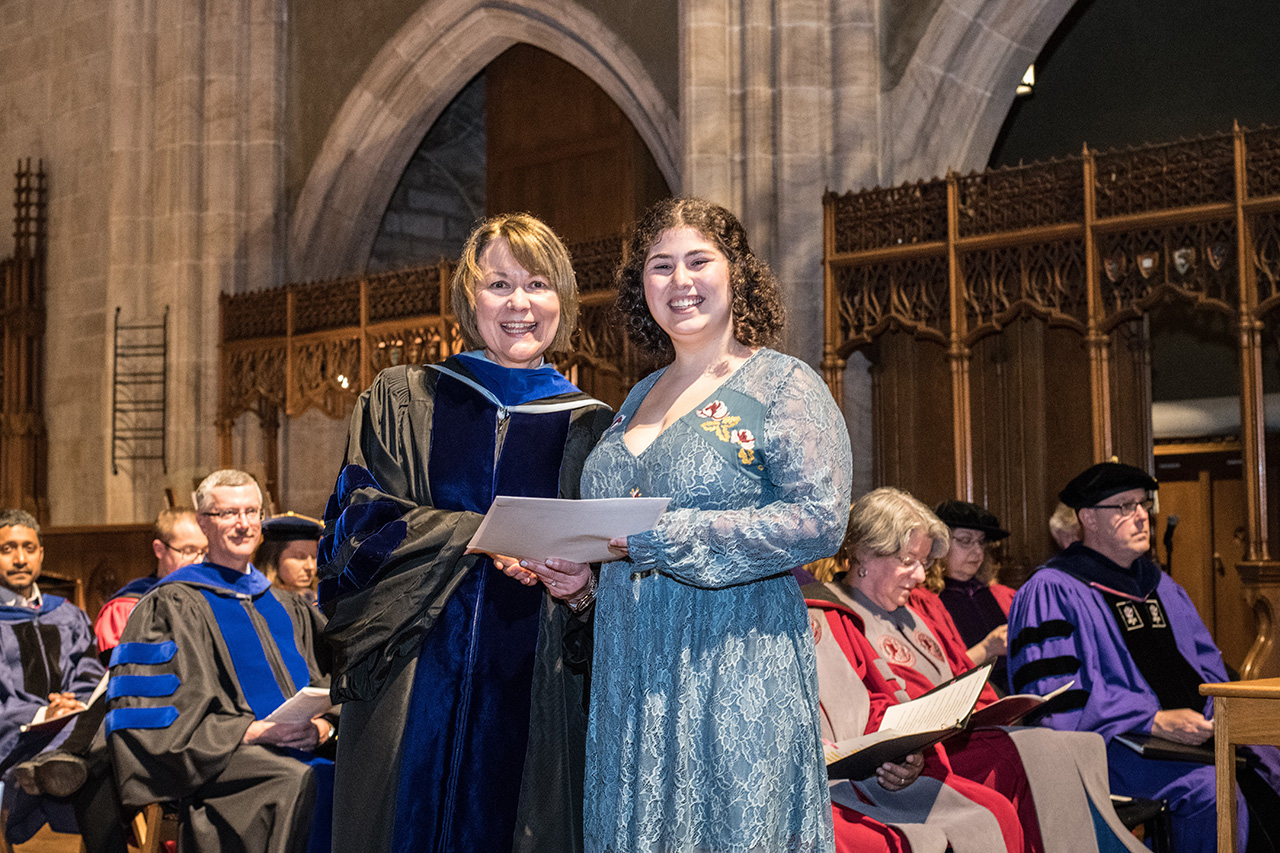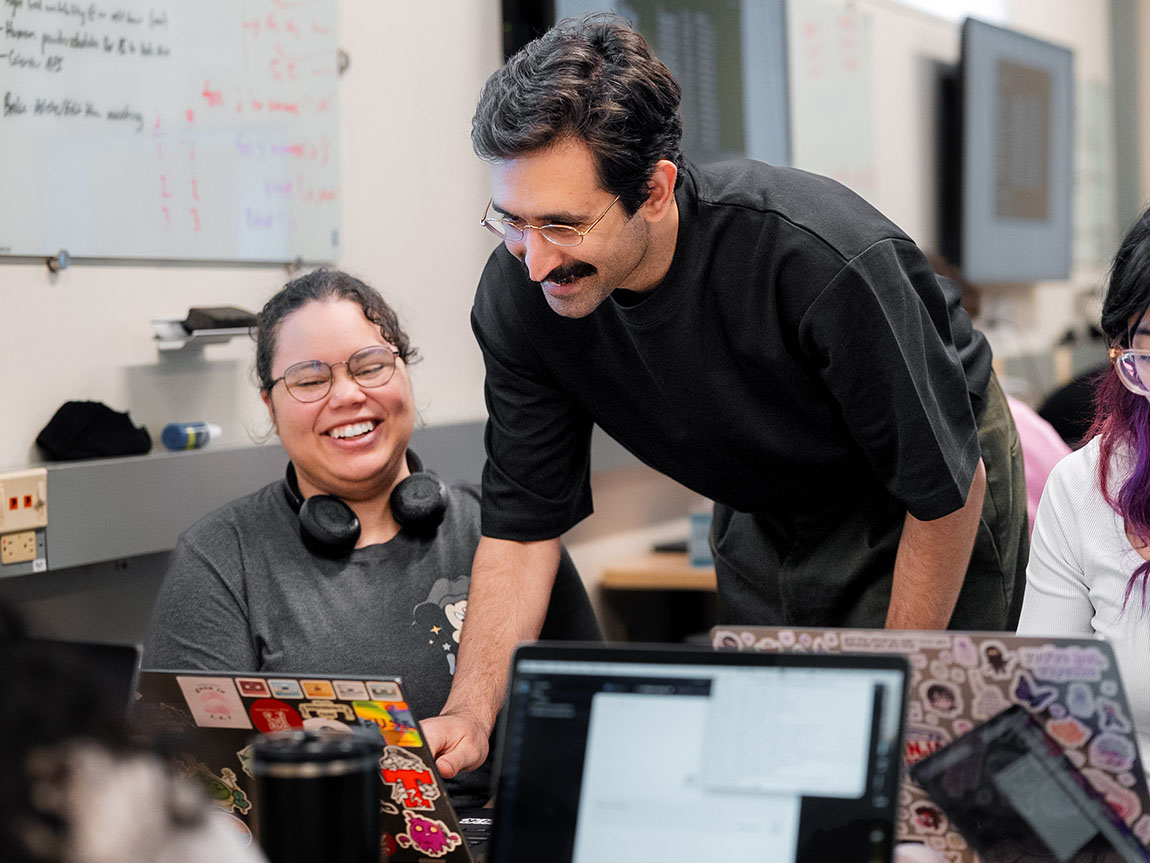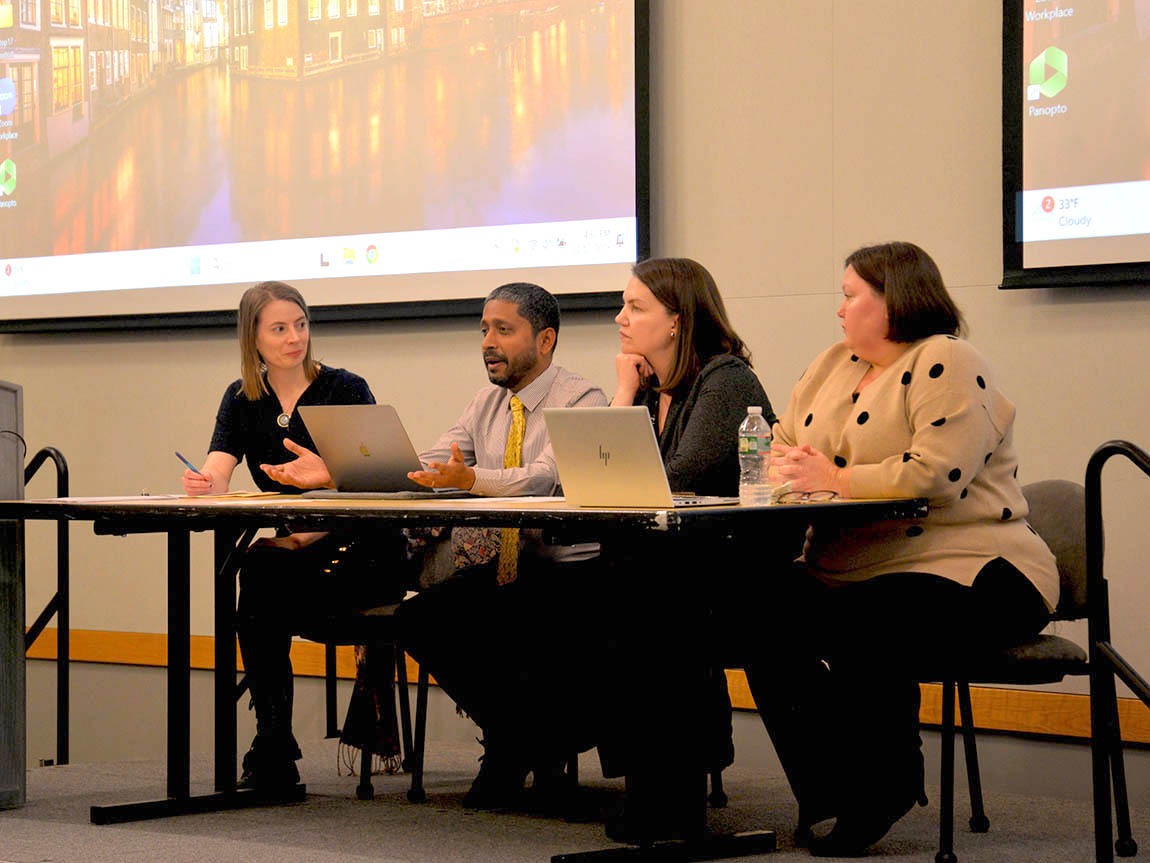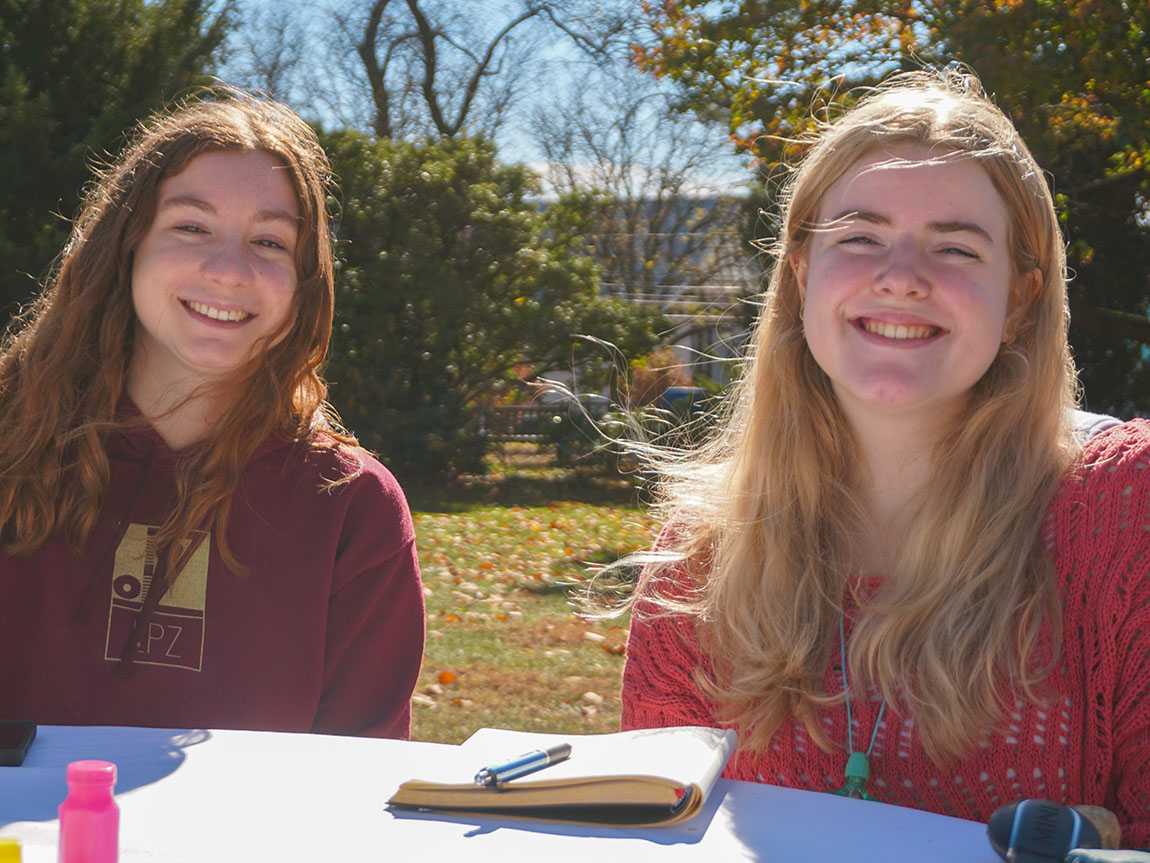
Summer Check-In: Greta Marchildon ’26 Interns for a Nonprofit Mental Health Provider
Marchildon, a public health and history double major and student-athlete on the field hockey team, is a community outreach intern at Sweetser, a behavioral health nonprofit in her home state of Maine.
